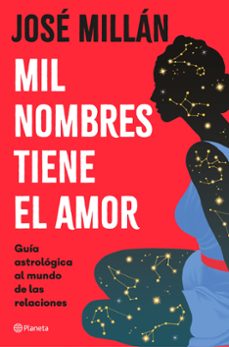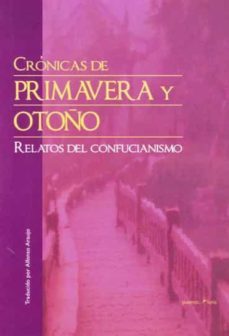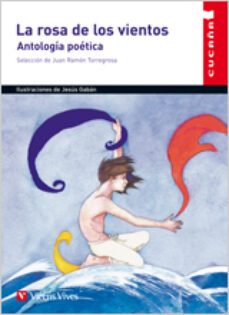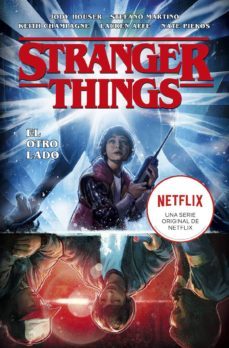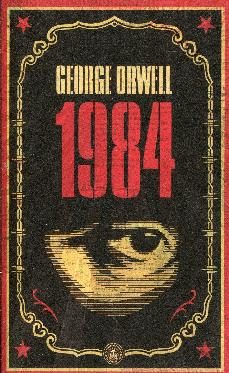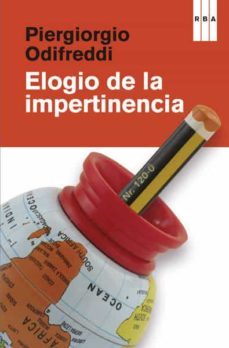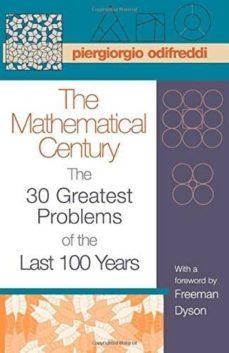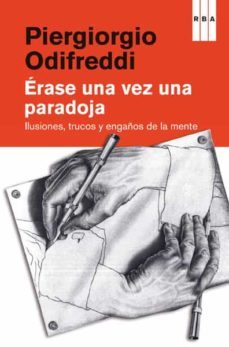Imprescindibles
Ficción
No Ficción
Ciencias y tecnología Biología Ciencias Ciencias naturales Divulgación científica Informática Ingeniería Matemáticas Medicina Salud y dietas Filología Biblioteconomía Estudios filológicos Estudios lingüísticos Estudios literarios Historia y crítica de la Literatura
Humanidades Autoayuda y espiritualidad Ciencias humanas Derecho Economía y Empresa Psicología y Pedagogía Filosofía Sociología Historia Arqueología Biografías Historia de España Historia Universal Historia por países
Infantil
Juvenil
#Jóvenes lectores Narrativa juvenil Clásicos adaptados Libros Wattpad Libros Booktok Libros de influencers Libros de Youtubers Libros Spicy Juveniles Libros LGTBIQ+ Temas sociales Libros ciencia ficción Libros de acción y aventura Cómic y manga juvenil Cómic juvenil Manga Shonen Manga Shojo Autores destacados Jennifer L. Armentrout Eloy Moreno Nerea Llanes Hannah Nicole Maehrer
Libros de fantasía Cozy Fantasy Dark academia Hadas y Fae Romantasy Royal Fantasy Urban Fantasy Vampiros y hombres lobo Otros Misterio y terror Cozy mistery Policiaca Spooky Terror Thriller y suspense Otros
Libros románticos y de amor Dark Romance Clean Romance Cowboy Romance Mafia y amor Romance dramatico Romcom libros Sport Romance Otros Clichés Enemies to Lovers Friends to Lovers Hermanastros Slow Burn Fake Dating Triángulo amoroso
Cómic y manga
Novela gráfica Novela gráfica americana Novela gráfica europea Novela gráfica de otros países Personajes, series y sagas Series y sagas Star Wars Superhéroes Cómics DC Cómics Marvel Cómics otros superhéroes Cómics Valiant
eBooks
Literatura Contemporánea Narrativa fantástica Novela de ciencia ficción Novela de terror Novela histórica Novela negra Novela romántica y erótica Juvenil Más de 13 años Más de 15 años Infantil eBooks infantiles
Humanidades Autoayuda y espiritualidad Ciencias humanas Economía y Empresa Psicología y Pedagogía Filosofía Historia Historia de España Historia Universal Arte Cine Música Historia del arte
Ciencia y tecnología Ciencias naturales Divulgación científica Medicina Salud y dietas Filología Estudios lingüísticos Estudios literarios Historia y crítica de la Literatura Estilo de vida Cocina Guías de viaje Ocio y deportes
Piergiorgio Odifreddi
Recibe novedades de PIERGIORGIO ODIFREDDI directamente en tu email
Filtros
Del 1 al 4 de 4
RBA LIBROS 9788490065860
Por qué no podemos ser cristianos es un extraordinario viaje al corazón de las Escrituras a lo largo de la historia de la Iglesia hasta nuestros días. Piergiorgio Odifreddi realiza una lectura atenta del Antiguo y el Nuevo testamento y las sucesivas elaboraciones de la Iglesia para desvelar, con una crítica tan concisa como sugestiva, no solo las incongruencias lógicas, sino también los infundados hechos históricos, dando a la Razón lo que es de la Razón y haciendo emerger la Verdad de los textos. El cristianismo, afirma el autor, ha constituido no el estímulo del pensamiento democrático y científico europeo, sino el freno que ha sofocado gravemente su desarrollo civil y moral, y estima que el anticlericalismo es hoy más una defensa de la laicidad del Estado que un ataque a la religión de la Iglesia.
Ver más
Tapa blanda
RBA LIBROS 9788490065433
Si las matemáticas y la ciencia tomasen el lugar de la religión y la superstición en las escuelas y en los medios de comunicación, el mundo se haría mucho más sensato y la vida mucho más digna de ser vivida. Que cada uno aporte su granito de arena para que esto suceda a la mayor gloria del Espiritu Humano. Odifreddi aborda en estas paginas temas relacionados con la politica, la religion, la ciencia, la historia, la filosofia…, siempre desde una optica singular, sagaz, inconformista, sorprendente, y asi entrevista a Hitler, relaciona la fe con el psicoanalisis, resucita a Dante, habla de Aristoteles, de Arquimedes, de Newton, de Nabokov, conversa con el Dalai Lama…
Ver más
Tapa blanda
PRINCETON UNIVERSITY PRESS 9780691128054
The twentieth century was a time of unprecedented development in mathematics, as well as in all sciences: more theorems were proved and results found in a hundred years than in all of previous history. In The Mathematical Century, Piergiorgio Odifreddi distills this unwieldy mass of knowledge into a fascinating and authoritative overview of the subject. He concentrates on thirty highlights of pure and applied mathematics. Each tells the story of an exciting problem, from its historical origins to its modern solution, in lively prose free of technical details.Odifreddi opens by discussing the four main philosophical foundations of mathematics of the nineteenth century and ends by describing the four most important open mathematical problems of the twenty-first century. In presenting the thirty problems at the heart of the book he devotes equal attention to pure and applied mathematics, with applications ranging from physics and computer science to biology and economics. Special attention is dedicated to the famous "23 problems" outlined by David Hilbert in his address to the International Congress of Mathematicians in 1900 as a research program for the new century, and to the work of the winners of the Fields Medal, the equivalent of a Nobel prize in mathematics.This eminently readable book will be treasured not only by students and their teachers but also by all those who seek to make sense of the elusive macrocosm of twentieth-century mathematics.
Ver más
Tapa blanda
RBA LIBROS 9788490069936
En este original libro se cuentan un buen puñado de historias muy diferentes entre sí, pero con un nexo que las une: todas ellas encierran paradojas. Aparentemente contrarias a toda lógica, las paradojas en manos de Piergiorgio Odifreddi se convierten en mecanismos efectivos, y al mismo tiempo demoledores, para analizar el mundo que nos rodea y replantearse desde la base muchas de las convicciones que en teoria creiamos inamovibles.
Ver más
Tapa blanda
Del 1 al 4 de 4



